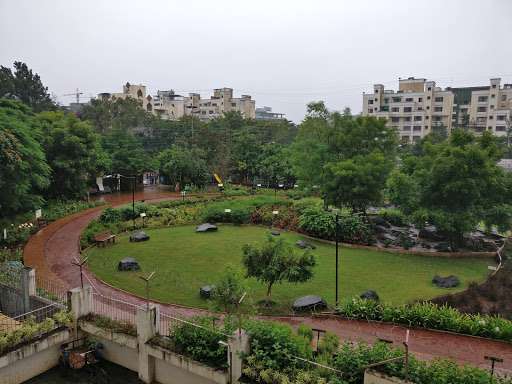In a development that has stirred both optimism and apprehension, a Pune-based non-governmental organization (NGO) has proposed the partial development of private land within the city’s Biodiversity Park (BDP) zone. The proposal has reignited debate over sustainable urban expansion, environmental preservation, and land rights in one of Maharashtra’s fastest-growing urban regions.
The NGO, Jagruk Nagrik Manch, has suggested that allowing controlled construction on private plots within the BDP area could address long-standing grievances of landowners while maintaining ecological safeguards. The proposal comes at a time when the city faces mounting pressure to balance infrastructure development with environmental protection.
The BDP zone, spread across approximately 978 hectares in the city’s western fringes, was demarcated in the Development Plan (DP) for Pune to protect the region’s rich biodiversity and natural ecosystems. The area includes hills, water catchment zones, and green corridors that are critical for maintaining ecological balance and mitigating urban flooding.
Since its designation, however, the BDP policy has faced criticism from private landowners who claim the restrictions have devalued their property and left them without fair compensation. These concerns have grown louder amid rising real estate demand and urban expansion.
According to the NGO’s proposal, a model of “partial and regulated development” could be adopted. This would permit limited construction—restricted to a certain percentage of the land—under strict guidelines. The remaining portion would be preserved as green cover or developed into community eco-parks. The NGO emphasized that such a hybrid approach could serve as a win-win, aligning economic and environmental priorities.
“We are not advocating for blanket construction rights,” said a spokesperson for the NGO. “Rather, we are urging the municipal authorities to explore a scientifically planned framework that allows partial use of the land without compromising the ecological value of the BDP area.”
Environmentalists, however, have raised red flags over the proposal. They argue that any form of construction in ecologically sensitive areas can lead to habitat fragmentation, groundwater depletion, and loss of biodiversity. The Pune Environment Conservation Forum has called for a public consultation before any policy shift is considered.
“This could set a dangerous precedent,” said Dr. Meera Kulkarni, an ecologist based in Pune. “Once development is allowed, even partially, enforcement becomes difficult, and it often leads to encroachment and degradation of the protected zone.”
The Pune Municipal Corporation (PMC), which oversees the city’s development regulations, has stated that it will review the proposal in consultation with the Maharashtra State Environment Department and the Urban Development Ministry. A committee is likely to be formed to study the feasibility, legal implications, and ecological impact of the proposed policy revision.
As Pune continues to grapple with rapid urbanization, the future of its green lungs remains a contentious issue. The final decision on allowing partial development in the BDP area will likely set the tone for similar policies across other urban centers in India facing the dual challenge of growth and sustainability.
Conclusion:
The NGO’s proposal has brought renewed attention to the complexities of urban land management in environmentally sensitive areas. While it promises a potential middle ground between conservation and development, its implementation will require robust regulatory frameworks, stakeholder consensus, and an unwavering commitment to ecological stewardship.



